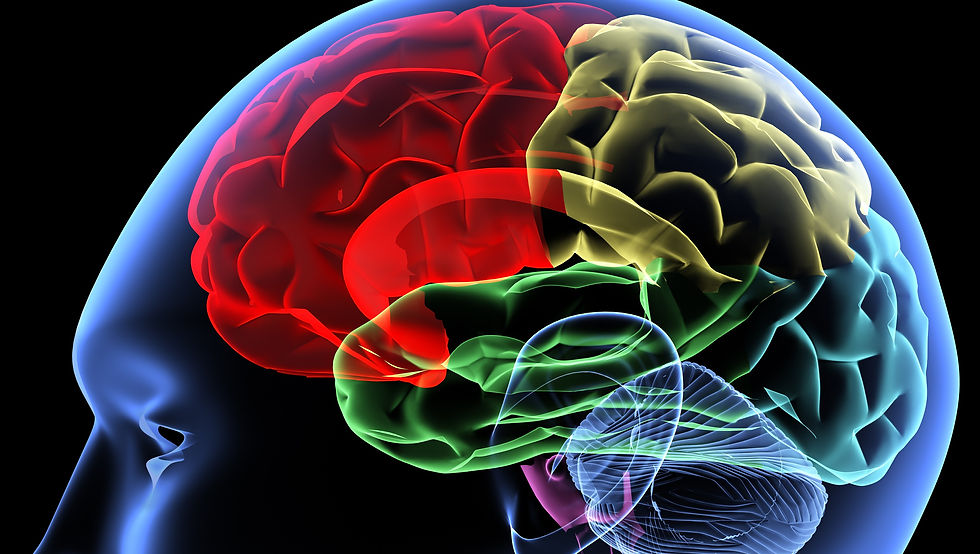Vitamin D Deficiency Symptoms
- David Ranger
- May 21, 2016
- 2 min read

While Vitamin D deficiency is quite common in the US nowadays, many Americans are not aware of the risks involved with it. Even though, like many others, you consume foods rich in Vitamin D, such as fish, milk, cereals and milk, you could still be prone to the negative side effects of Vitamin D deficiency. To make things clear, there are few natural foods that actually contain the necessary amount of Vitamin D. Thus, getting enough Vitamin D is just a good dream for most of us.
The only sure way to determine if whether you suffer from Vitamin D deficiency is to have a blood test conducted by a specialist. However, there are certain signs and symptoms of Vitamin D deficiency that you can take into consideration. Before getting your Vitamin D levels tested, we strongly advise you to try to determine if one of the following vitamin D deficiency symptoms are present in your life.
1. You have a Tendency to be Depressed

According to a study conducted by a group of scientists and posted in the American Journal of Geriatric Psychiatry (http://www.ajgponline.org/article/S1064-7481(12)60890-2/abstract), Vitamin D deficiency has a strong impact on mood and cognitive performance. If you lack Vitamin D, you might suffer from impairment of cognitive performance and you might be prone to depression.
2. Autoimmune Diseases

Another symptom of Vitamin D deficiency is the risk of autoimmune diseases, such as inflammatory bowel disease or multiple sclerosis. As Vitamin D is a very potent immune modulator, having enough of it in your body is the best way to stay protected against any sort of autoimmune disease.
3. Cardiovascular Diseases

Another common side effect of Vitamin D deficiency is the risk of cardiovascular diseases. Heart attack, stroke, atherosclerotic heart disease and hypertension should not affect you if you have high levels of Vitamin D in your body.
While we are all at risk of stroke or heart disease after a certain age, specialists say that having Vitamin D deficiency increase the risk from dying of a heart attack or other similar conditions by up to 40%. Hence, the importance of getting enough Vitamin D should not be overstated.
4. Asthma

For children, one of the most common deficiencies of Vitamin D is asthma. To learn more about this subject and to discover some of the best treatments for asthma, follow this link: http://www.webmd.com/asthma/tc/children-asthma.
5. Cognitive Impairment

Also known as brain fog, cognitive impairment is a common symptom of Vitamin D deficiency. Unhealthy diets, smoking habits and lack of exercise may also increase the risk of cognitive impairment.
The link between Vitamin D deficiency and cognitive impairment has been confirmed time and time again by numerous studies.
References




















Opmerkingen